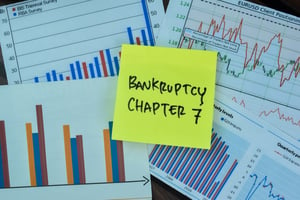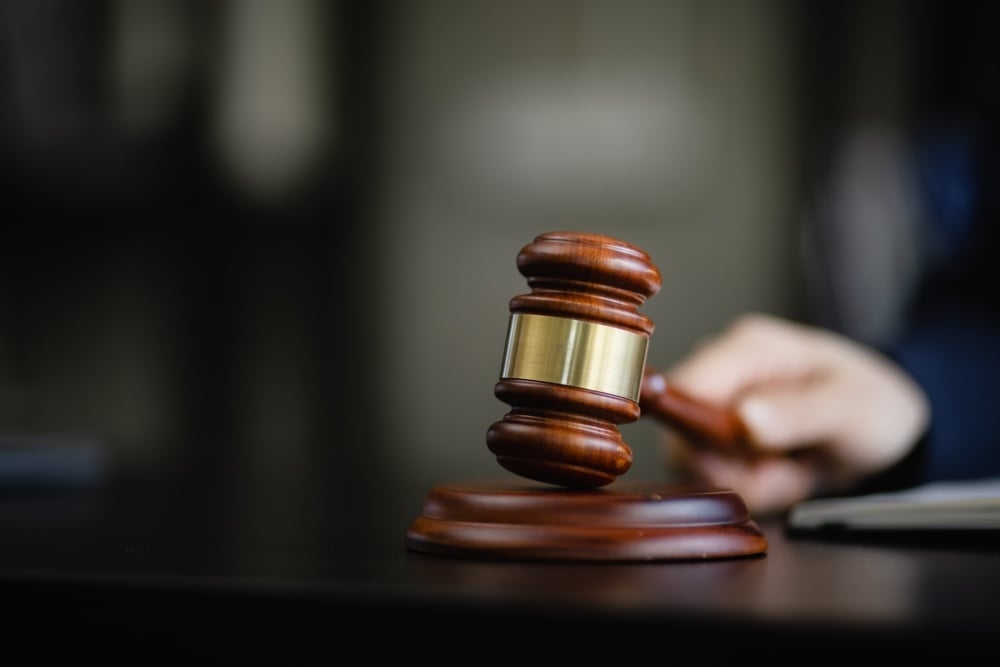If I’m Filing a Chapter 7 Bankruptcy, Can I Keep My Tax Refund in St. Paul, MN?
A debtor filing a Chapter 7 bankruptcy may keep their tax refunds in certain situations. Whether they can keep their tax refunds and how much they can keep, largely depends on whether their case was filed using state or federal exemption law to protect all of their property. A debtor typically chooses federal exemptions when they have little to no equity in their homestead property. Under federal exemption law, debtors get up to $15,425 to protect miscellaneous property that is not specifically protected under another exemption law.
This provision is entitled the “wildcard provision” and is the statute used to protect tax refunds the debtor expects to receive, but has not gotten yet, at the time their bankruptcy case was filed. A debtor typically chooses state exemptions to protect all of their property when they have a large amount of equity in their homestead. This is because Minnesota state law exemptions protect equity in homestead property up to $450,000. While state exemptions do not provide a wildcard exemption, they do exempt portions of tax refunds that come from the earned income tax credit, Minnesota working family credit, and other need based tax credits that are based on a person’s financial needs. Therefore, whether a debtor chooses state or federal exemptions, in many cases, they are often able to protect a good portion, if not all of their tax refund. Any nonexempt portion of tax refunds will need to be turned over to their bankruptcy trustee. This nonexempt portion will be used by the trustee to pay the debtor’s creditors.
But how much of the tax refunds are property of the bankruptcy estate? Any tax refunds that the debtor has the right to receive at the time their case is filed, is considered property of the bankruptcy estate. So for instance, a debtor who files their 2021 income taxes in April 2022, and files a bankruptcy case in July 2022, and has not received their 2021 tax refunds at the time their case was filed, will have to turn over any nonexempt portion of that expected tax refund to the trustee. This is because the debtor had a right to receive the nonexempt portion of the 2021 tax refund, which is property of the bankruptcy estate. That same debtor will have to turn over approximately half of their nonexempt portion of their 2022 income tax return when they file in 2023. This is because when they filed their case halfway through the year, they had already earned half of their 2022 income tax refund, which is property of the bankruptcy estate. The same is essentially true for a property tax refund. Property tax refunds are completely nonexempt under state exemption law, and are only exempt and protected under the federal exemption law, to the extent that they can be protected under the wildcard provision statute. As with income tax refunds, the debtor must turn over any nonexempt portion of their property tax refund, that they are entitled to from the year previous to filing bankruptcy and any portion of the tax refund they receive the following year will be pro-rated based on the date their case was filed (calculated the same way as income tax refunds above).
CALL NOW FOR A FREE STRATEGY SESSION FROM A MN BANKRUPTCY LAWYER AT LIFEBACK LAW FIRM
If you are thinking about filing a Chapter 7 bankruptcy and would like to learn more about whether or not your tax refunds will be protected versus how much will need to be turned over to your bankruptcy trustee, you should consult with an experienced bankruptcy attorney. Come visit us at our new location in St. Paul, MN, or at our website at LifeBackLaw.com!







